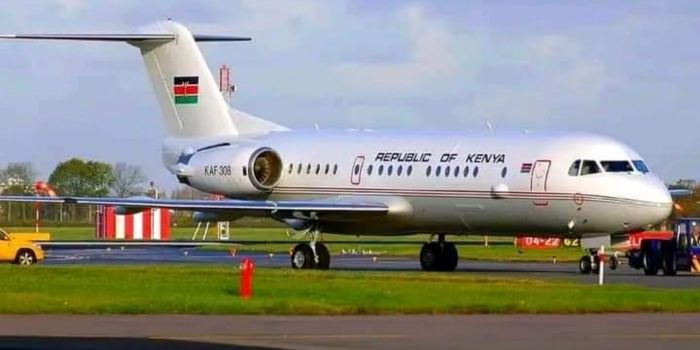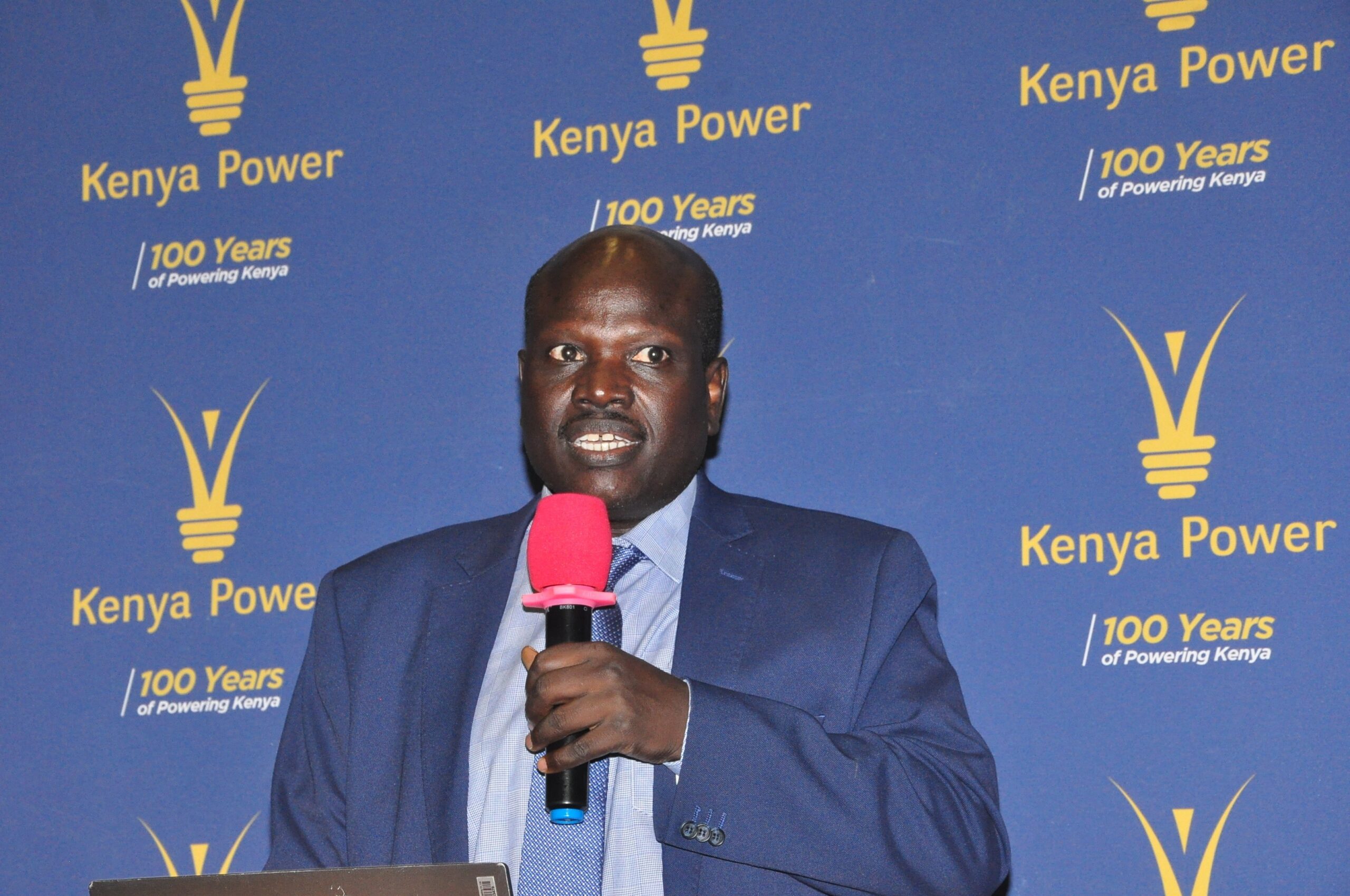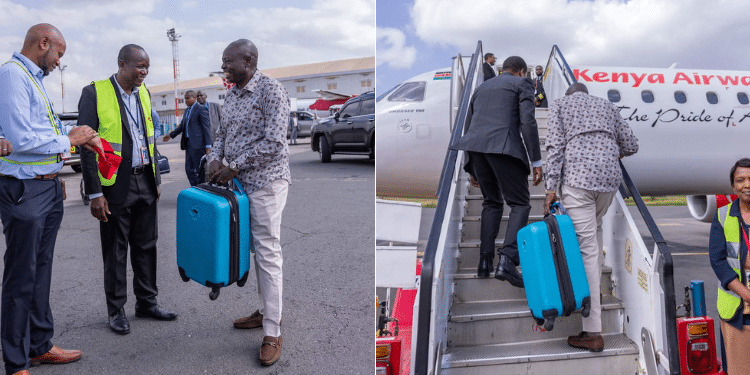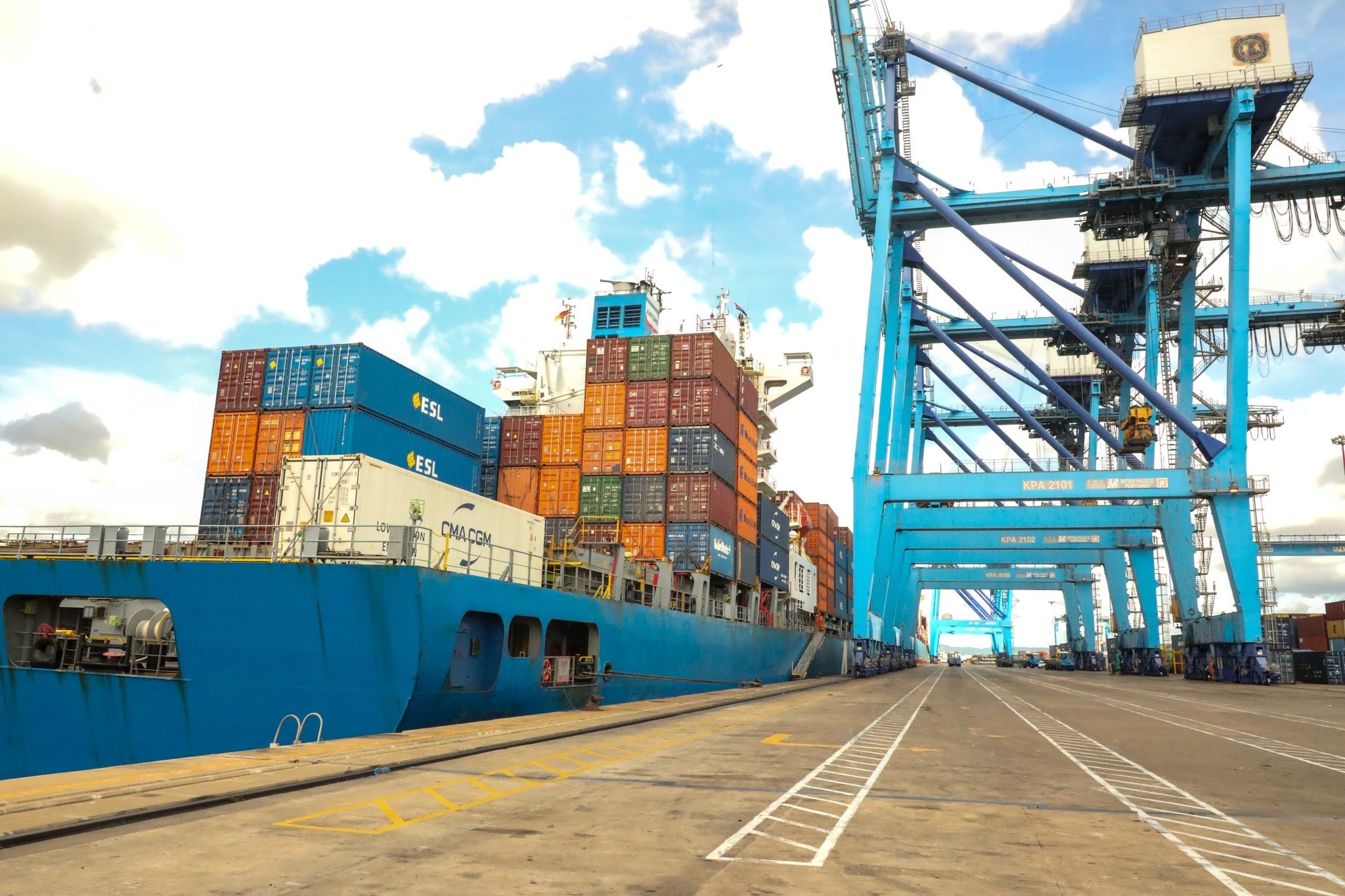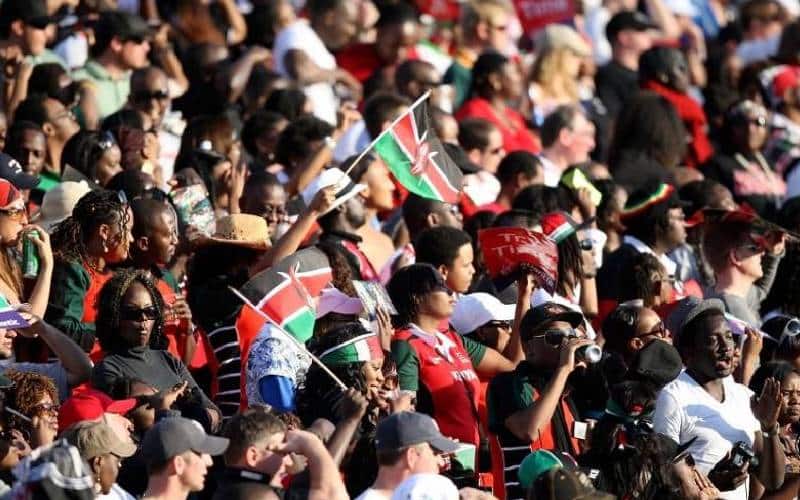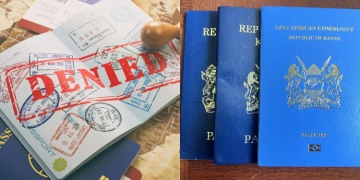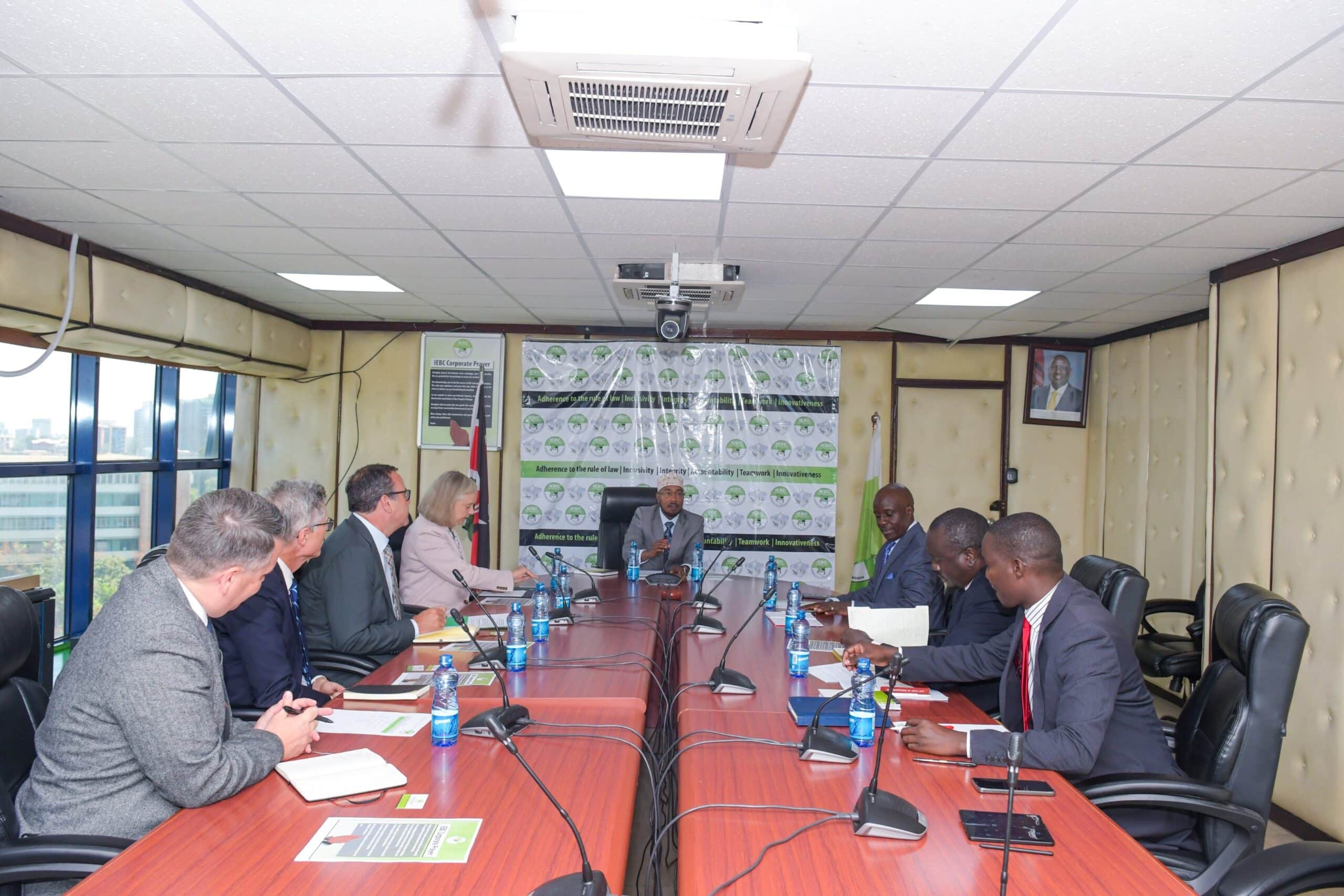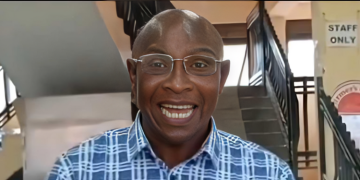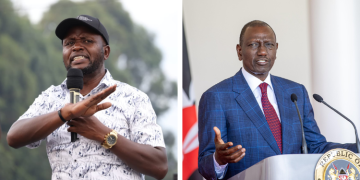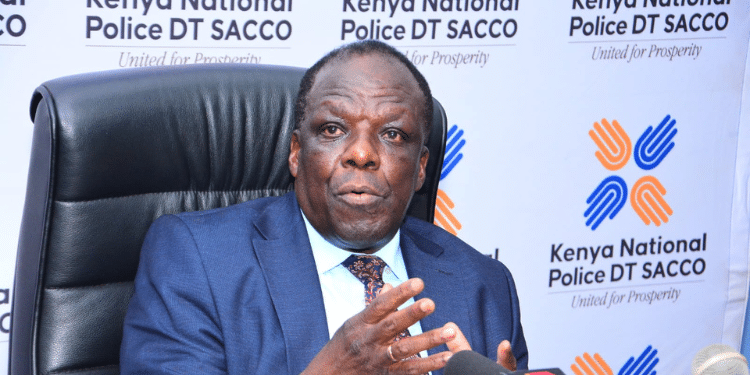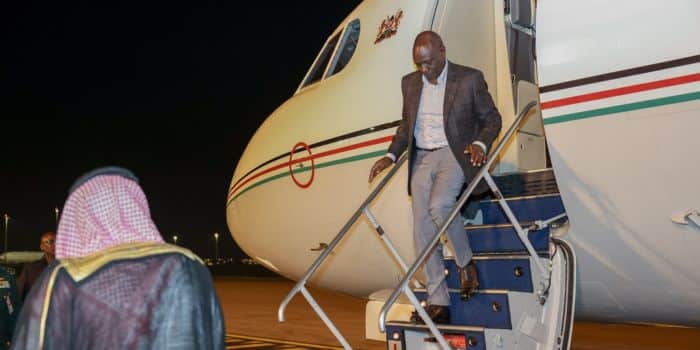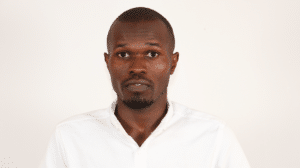State House Spokesperson Hussein Mohamed on Monday, February 5, came under fire after his statement announcing President William Ruto’s state visit to Japan.
In an official communique, Hussein said that Ruto was set to embark on a visit to Tokyo on the night of Monday.
But it was his assertion that Ruto’s visit would be the first State Visit by a Kenyan Head of State to Japan since Kenya’s Third President Mwai Kibaki that stirred reactions from Kenyans.
At first, a section of Kenyans was quick to point out that former President Uhuru Kenyatta had visited Japan during his tenure for an official visit in 2015.
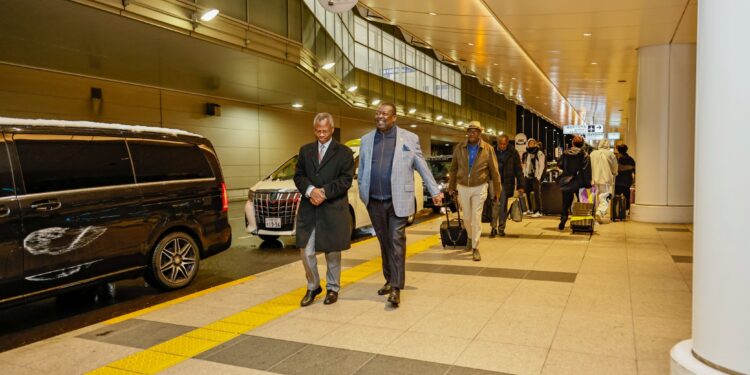
Blogger Gabriel Ogunda was among the Kenyans who called out Hussein for his statement, referencing a past State House communique which announced President Uhuru’s trip to Japan in 2015.
“They’re now claiming that your favorite God chosen tourist is the first Kenyan Head of State to visit Japan since Mwai Kibaki 20 years ago,” Oguda known for his satirical criticism of the government posted.
In response to the fact, some pro-government operatives including lawyer Silas Jakakimba went on to clarify that there is a difference between an official visit and state visit.
“You may need to check on this again because in diplomatic circles and following established and precedented codes of conduct and rules of engagement between friendly states, there’s normally a clear difference between an official visit and a state visit by a Head of State of either State, to the other,” Jakakimba replied to Ogunda’s post.
Difference between State visit and official visit
Mwangi Maina, a commentator on diplomatic policy and a journalist clarified that there is a difference between the two, with State Visit being the highest level of a visit any leader can be accorded.
According to Mwangi Maina, a State Visit is only a reserve of Heads of State (not government) and comes with privileges such as a guard of honor, state banquets, among others.
Usually, a state visit comes only after an official invitation by the hosting nation and was traditionally reserved for allied countries.
In his past article in diplomatic relations, Mwangi had stated the countries like Canada and Australia which are governed by a Prime Minister as a Head of Government cannot be invited for a state visit.
“A state visit is the highest level of diplomatic exchanges between two countries. It is an opulent public ceremony,” Mwangi Maina noted amid the heated debate.
Also Read: Kenya Pitches Camp in Kumamoto Japan, Woos Investors
“It has the grandeur. A 21-gun salute. Military guard of honor. A state banquet, gift exchanges.”
Japan’s official statement contradicts State House
But the confusion surrounding Ruto’s visit to Japan was far from over.
In an official communique dated January 26, 2024, Japan’s Ministry of Foreign Affairs announced that Ruto and First Lady Rachel Ruto would travel to Japan for an “Official Visit” from 6 February to 9 February.
On his part, Prime Cabinet Secretary Musalia Mudavadi on Monday, February 5 announced that he was already in Tokyo ahead of President Ruto’s arrival for a “State Visit”.
Also Read: Kenya vs Japan: What is in a Name and Culture?
In his three-day visit, Ruto is expected to meet their Majesties the Emperor and Empress of Japan, and Mr. Kishida Fumio, Prime Minister of Japan.
The Emperor and Empress of Japan, according to Japan’s Ministry of Foreign Affairs, will host a Court Luncheon in honor of the President and Rachel Ruto.
Ruto’s delegation to the Asian powerhouse includes Prime CS Musalia Mudavadi, Principal Secretary (PS) for Diaspora Affairs Roseline Njogu and Treasury PS Chris Kiptoo.
